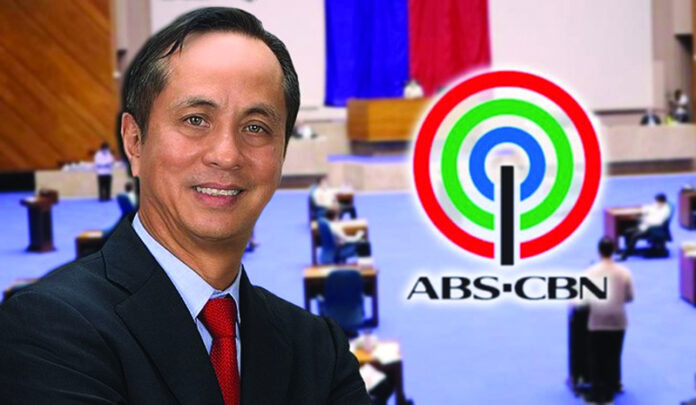ABS-CBN Corp. chairman emeritus Eugenio “Gabby” Lopez III has asserted that he is a Filipino.
“I will live, I will die in the Philippines,” Lopez told the House of Representatives on Wednesday (June 3).
“Frankly, the issue of being a dual citizen is not something I think about,” Lopez said.
“I know in my heart that I am a Filipino and all my actions in the 35 years I’d been associated with ABS-CBN has been with the service of the Filipino in my mind,” he said.
Lopez asked lawmakers to look at his record of service to Filipinos as he answered questions on his citizenship, which critics raised against the proposed fresh franchise for the network.
Several lawmakers quizzed Lopez on his allegiance to the Philippines due to his dual citizenship as a Filipino and American.
The Philippine Constitution prohibits foreigners from owning media companies.
It has been almost a month since the closure of ABS-CBN.
ABS-CBN has said it has been bleeding between $597,000 and $697,500 in daily advertising revenue since the closure on May 5.
Failure by Congress to approve the renewal application before it rises for a two-month recess on June 6 could mean more financial losses, endangering the jobs of many of its 11,000 employees.
Solicitor General Jose Calida has filed a petition asking the Supreme Court to void ABS-CBN’s previous franchise altogether. The court decision on that case is also pending.
“I have been committed to the people of this country. It is a trust that has been passed on to me by my father and by his father before him. It is the trust that has been given to me and in fact, I always tell our employees dito sa ABS-CBN po, it’s not just a job, it is a calling,” Lopez said.
“So please if you are going to look beyond the technicality and talk about allegiance, please look at my record over the last 35 years po,” he added.
Lopez was born in the US to parents who are both Philippine citizens.
Lopez said he studied in the Philippines until high school and never had to swear allegiance to the US when he completed his college and postgraduate studies there.
He said he had used a US passport before he applied for recognition of his Philippine citizenship in 2001 as a confirmatory act before the immigration bureau and justice department.
Lopez said he never renounced his Filipino citizenship.
Lopez said he had “considered” renouncing his US citizenship even though “it was never something that I felt was an issue in terms of any of my action,” he said.
“If it came down to conflict of interest, I will give up my US citizenship in a minute,” he added.
Lopez served in various positions for the country’s top broadcaster after the 1986 People Power revolution paved the way for its return to his family. He retired as chief executive when he turned 60 and as chairman at 65.




